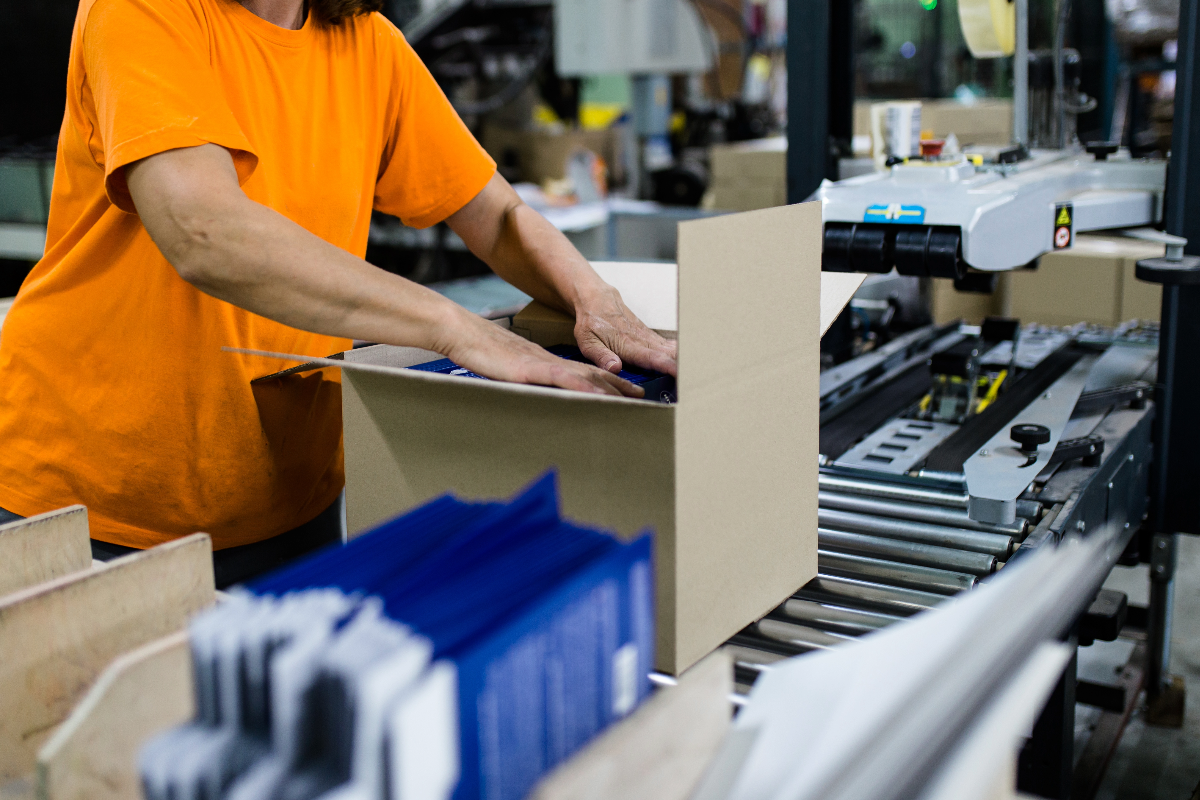BLOG
Managing Waste in a Care Setting

Managing waste in a residential care or nursing home can be a challenge – lots of different waste streams are produced and need to be disposed of correctly and in line with regulations.
Recycling, food waste, general waste, washroom, clinical and hazardous wase are all likely to be produced by a care home.
Making sure these are disposed of correctly is important not only to the health, safety and hygiene of staff and residents, but also in order to comply with regulations. Having a comprehensive waste management plan will mean that regulations are complied with, whilst making disposing of the different waste streams as simple as possible for staff. There are a number of things you could look at in order to make managing your waste easier and more efficient.
Clinical and healthcare waste
Clinical and healthcare waste, which could include needles; drugs and pharmaceutical items; dressings and used PPE, needs to be separated and disposed of separately, in line with the duty of care. Clear guidance on how to handle healthcare waste is given on the gov.uk website. If you need any help with understanding this, our team can help.
Food Waste
Care homes are likely to generate a significant amount of food waste. If you don’t already, it’s worth considering having a sperate food waste collection. This can save on costs by reducing the number of general waste collections; space; by not taking up space in your general waste; and is more environmentally friendly. Check out our blog on food waste for more details on this.
Recyclables
Recyclables such as cardboard or plastic need to be collected separately to your general waste. If you have the space, a small baler might be useful. This means you can compress your waste – four 1100 wheeled bins of cardboard can be compressed into one bale, saving significant space. Of course you need somewhere to store the bales until they are collected, but it is an efficient and tidy way of dealing with your recyclables.
General Waste
For general waste, you may find a bin press a great piece of equipment for you. Bin presses compact waste within a standard 1100 litre wheelie bin, meaning you can get more in the bin, reducing the number of collections and the associated Co2.
Washroom Waste
Providing safe and sanitary washroom facilities is a must at any residential home, and it is a legal requirement for businesses to provide sanitary disposal facilities. This will ensure that your facilities are clean and tidy and reduce the risk of illness and infection amongst residents and staff. You may find it beneficial to have a washroom service as part of your waste management systems, to ensure that all your facilities are regularly maintained and refreshed, creating a sanitary and hygienic environment.
Managing your Waste and Reducing Environmental Impact
Managing your waste correctly ensures you have a safe working environment and keeps working areas as clean, and safe as possible. Managing different waste streams can be tricky but your waste management provider should be able to support you with any equipment you need to ensure a safe and efficient system. Ask our team at Flame UK, who can review your waste requirements and talk you through options.
Your business waste also has an impact on the environment – for example the amount sent to landfill. Again, your waste management provider should be able to tell you exactly how each of your waste streams are dealt with. At Flame UK, we aim for a zero-to-landfill approach with all of our customers and will work with you to ensure that we dispose of waste in the best way possible.
Even something as simple as installing a baler, bin press or a food waste collection can drastically reduce the number of times your waste is collected, reducing the emissions form waste vehicles and the amount of Co2 generated.




